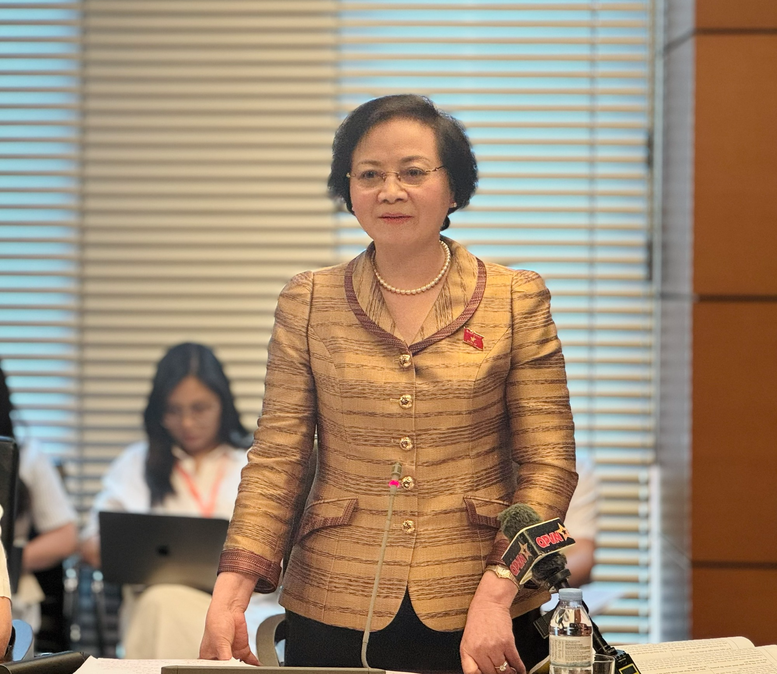
Minister of Home Affairs Pham Thi Thanh Tra speaks at the discussion group - Photo: VGP/Thu Giang
Continuing the 9th Session, on the afternoon of May 7, the National Assembly discussed in groups the Draft Resolution of the National Assembly amending and supplementing a number of articles of the 2013 Constitution; the draft Law on Organization of Local Government (amended); and the draft Law on Cadres and Civil Servants (amended).
Discussing at group 5 (including National Assembly delegates from Binh Duong, Quang Nam and Yen Bai provinces), Minister of Home Affairs Pham Thi Thanh Tra clarified a number of issues related to the draft Law on Cadres and Civil Servants (amended).
Minister Pham Thi Thanh Tra emphasized that this is an opportunity to comprehensively change the mindset and philosophy in building the civil service. The amendment is fundamental, synchronous and comprehensive to meet new requirements in the country's development stage.
One of the key points of the draft law is to clearly establish regulations on job positions. This is a tool, a thread throughout the process of designing the law, showing that job positions play a key role, are the center in the entire process from recruitment, use, training, fostering, appointment, to rewarding and disciplining civil servants. However, besides that, the draft still maintains the civil service rank.
"Why keep the civil service ranks? Many people are wondering whether the civil service ranks should be abolished when designing job positions," the Minister of Home Affairs said, adding that, in reality, ranks are still an important technical tool to determine ranks in the civil service. If abolished immediately, it will cause difficulties in designing mechanisms and policies, especially in the context of salary reform.
"Therefore, civil service ranks will be retained, but they are only a technical tool to distinguish ranks, not the core of the civil service," said Minister Pham Thi Thanh Tra.
Another major innovation of the draft is the proposal to abolish the one-year probationary period for newly recruited civil servants and to eliminate the promotion exam. According to the Minister, this meets the expectations of the cadres and civil servants.
The draft also strongly mentions the policy of attracting and promoting talented people, encouraging dynamic, creative cadres who dare to think, dare to do, dare to make breakthroughs for the common good. A number of principles and regulations on specific policy mechanisms that previously only existed at the decree level are now institutionalized in the law to create a sustainable legal basis for the promulgation of flexible policies according to each stage of development.
The Minister cited Decree 179 as an example – a relatively strong policy in attracting talent – but it is still not attractive enough. Therefore, it is necessary to continue to include more appropriate mechanisms in the law, so that the Government can later issue specific regulations that are closer to reality.
Evaluate civil servants according to KPI
Another important content of the draft law is to overcome the "lifetime tenure" mindset. The Minister emphasized that if this mindset is not completely changed, it will be difficult to reform the civil service. To do that, two main tools are needed: First is an assessment tool based on job positions, making maximum use of information technology to quantify work results.
The second is the contract mechanism, including contracts for experts, scientists and contracts for some job positions. This is in line with international trends, instead of maintaining the "hard payroll" model.
According to the Minister, when submitting the draft to the Government, some opinions were still concerned about the contract mechanism, however, after being explained, there was consensus because this model has been applied by many countries with advanced civil service systems, demonstrating flexibility in recruitment and personnel management.
Regarding civil servant evaluation, the draft law provides four levels of evaluation. After the law is passed by the National Assembly, the Ministry of Home Affairs will submit to the Government a decree providing specific guidance on civil servant evaluation, in which the KPI evaluation method will be applied, based on digital data, with clear quantitative criteria. Using work products as a measure of effectiveness will replace the current general qualitative evaluation method. This is considered a strong reform, modernizing the civil service.
In addition, the draft also strongly decentralizes and delegates power, giving great responsibility to the heads of agencies and units in recruiting, using, evaluating, rewarding and appointing officials and civil servants. Promoting the role and responsibility of the head is also a highlight of innovation in public administration.
Thu Giang
Source: https://baochinhphu.vn/bo-truong-bo-noi-vu-ly-giai-vi-sao-van-giu-ngach-cong-chuc-102250507172058694.htm


![[Photo] Draft documents of the 14th Party Congress reach people at the Commune Cultural Post Offices](https://vphoto.vietnam.vn/thumb/1200x675/vietnam/resource/IMAGE/2025/10/28/1761642182616_du-thao-tai-tinh-hung-yen-4070-5235-jpg.webp)




![[Photo] National Assembly Chairman Tran Thanh Man received a delegation of the Social Democratic Party of Germany](https://vphoto.vietnam.vn/thumb/1200x675/vietnam/resource/IMAGE/2025/10/28/1761652150406_ndo_br_cover-3345-jpg.webp)
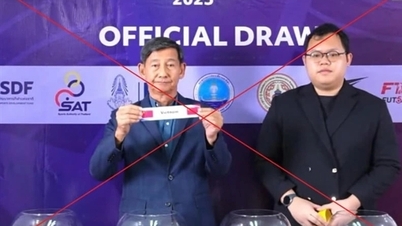
















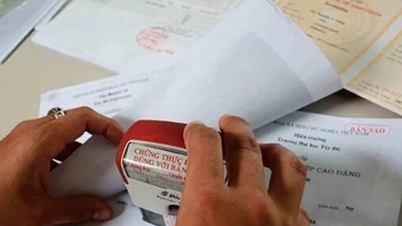



![[Photo] President Luong Cuong attends the 80th Anniversary of the Traditional Day of the Armed Forces of Military Region 3](https://vphoto.vietnam.vn/thumb/1200x675/vietnam/resource/IMAGE/2025/10/28/1761635584312_ndo_br_1-jpg.webp)


































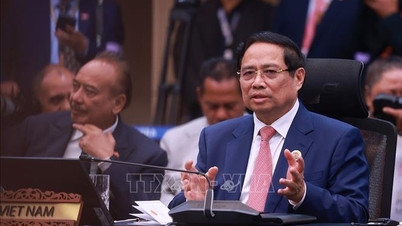









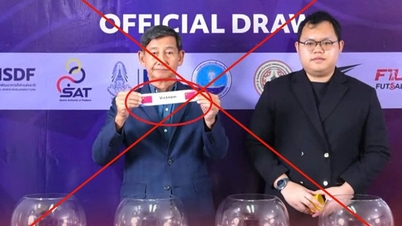

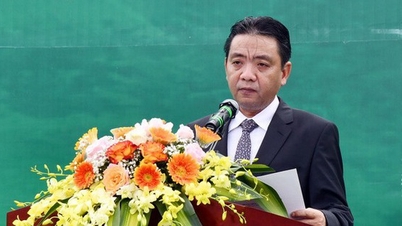































Comment (0)